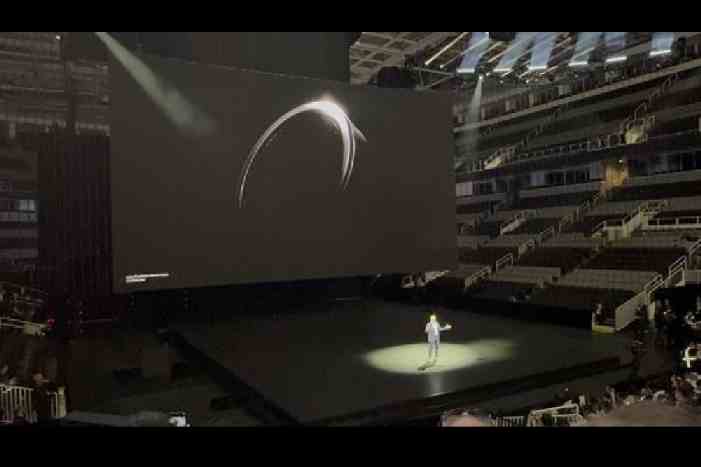Samsung’s decision to enter the smart ring market — with the Galaxy Ring — is a well-calculated move and may give it an edge in the digital health category. Announced at the Galaxy Unpacked event in San Jose, the company hasn’t shared details beyond a few visible sensors on the inside of a band but there is always the hope that it will allow more people to manage their health without opting for the smartwatch.
Who is it for?
Samsung is entering a market dominated by the popular Oura Ring, which has been around for a few years. Since it will be Samsung’s biggest rival in the category, a closer look at the Oura Ring will help.
Oura Ring can track and analyse a series of metrics, including heart-rate variability (HRV), blood oxygen rate, body temperature and sleep duration. With the data that it gathers, it can offer insight into hormonal factors that can affect your sleep and (theoretically) alert you when you’re getting sick.
There are sensors that shine light beams (infrared and red and green LED) through the skin. There’s an accelerometer to log activity and movement while an accompanying app uses the data collected during the previous day to generate three daily scores when you wake: Sleep, Activity, and Readiness.
Perhaps the biggest advantage of Oura is sleep-tracking data. As Oura improves, its sleep staging will agree more and more with polysomnography, a standard sleep test one receives at a sleep lab.
Further, the Oura Ring comes across as a piece of jewellery that comes in two styles (smooth or faceted) and multiple finishes, which will complement your wardrobe.
On the Galaxy Ring, we obviously expect to see all of this. Sleep tracking is something a smartwatch still can’t get it accurate while temperature tracking via a smart ring could be sharper than on a smartwatch. Plus, you may get easy access to media controls, like changing music tracks, volume and call management.
Why not a smartwatch?
Samsung already has a number of smartwatches but certain metrics are difficult to gather, especially sleep. After all, most people don’t like to go to sleep wearing a watch. A lot of our health metrics depend on sleep, so having more data to analyse, the health app on the phone will do a better job.
It’s not that the smartwatch can be replaced with a ring but the two need to complement one another. Don’t expect the Galaxy Ring to help with GPS data… that’s for the smartwatch.

There are sensors on the inside of the Galaxy Ring to capture different metrics
Does Samsung have an advantage?
There are several layers to the answer. First, the Samsung Galaxy Watch is already used by a large population, meaning Samsung already has users who trust their health capabilities. Second, a smart ring and smartwatch can easily work together. Third, there are several rivals in the smart ring market but most of them offer services based on subscription, that is, you have to pay to access certain features. Samsung can break that mould by doing away with subscriptions and allowing users the headache to pay another fee to use another feature.
All this ties in with Samsung’s new ‘Vitality score’, announced at the end of Galaxy Unpacked. It’s on the lines of Fitbit’s Daily Readiness Score or the Oura Readiness Score, which gathers your sleep, stress, and activity data to determine how ready you are for the day. Samsung may also have ‘Booster Cards’ in its Health app to offer the ‘why’ behind your health readings, like the reason for sleeping badly. All this may help make Samsung a strong player in the wearable health market.
For Oura Rings, you need an app like Apple Health or Google Health to bring the data from each device together. The convenience of having a Galaxy phone, a Galaxy Watch, and a Galaxy Ring is the ability to view everything from the Samsung Health app.
When and how much?
There are no pre-order rumours but we expect the device to appear later this year. Given the cost of Oura Rings to be between $300 and $550, depending on material and features, we may see Samsung undercut Oura with a $250 price tag. Since the Ring is about sensors and no screen, it should cost less than the Watch.











